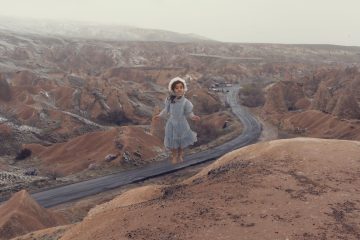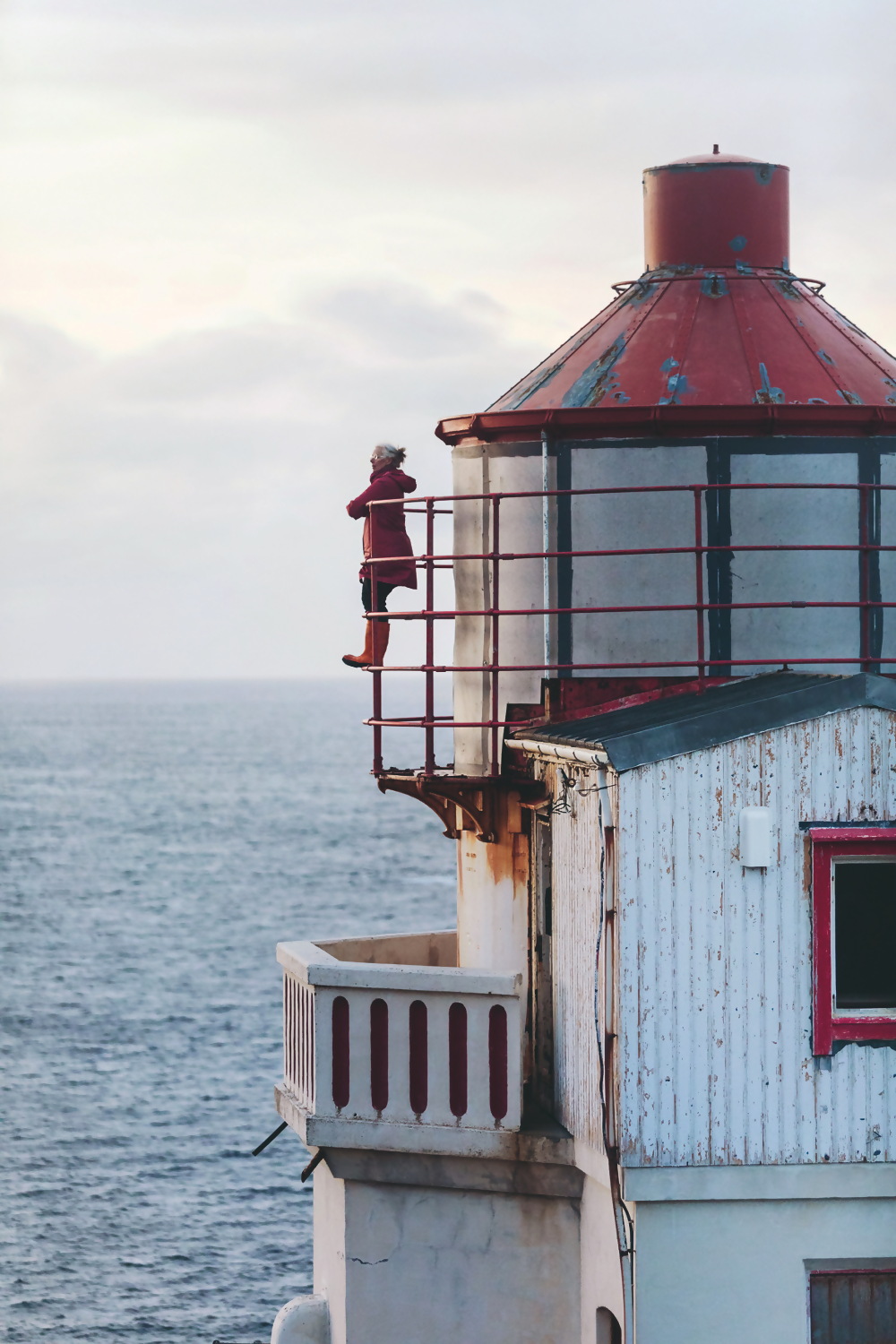
The urge to remove oneself entirely from society, decamp from the odd pretences of modern life and social etiquette, and wild it out in the woods isn’t unique to the digital age.
Breaking away from ‘civilisation’ as urban life is often erroneously termed, is a tradition as old as the human record. Henry David Thoreau adventured away from the petty-bourgeois chatter of Massachusetts life to live out his vocation as a naturalist in the woods, Walden is perhaps the most famous book on his observations.
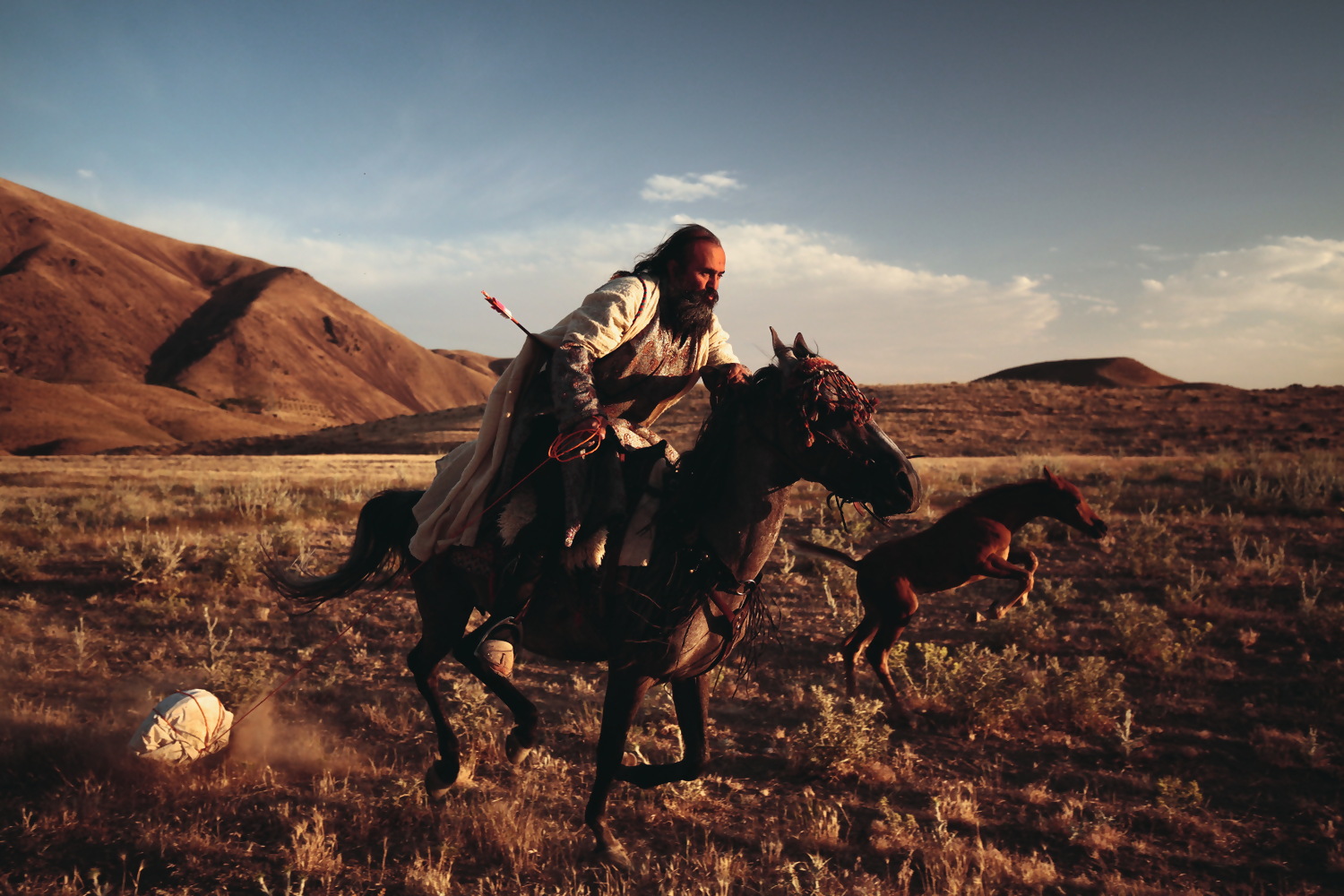
Ali: “These mountains are my kingdom; on horseback, I can go anywhere I want.” © Brice Portolano. Kordan, Iran.
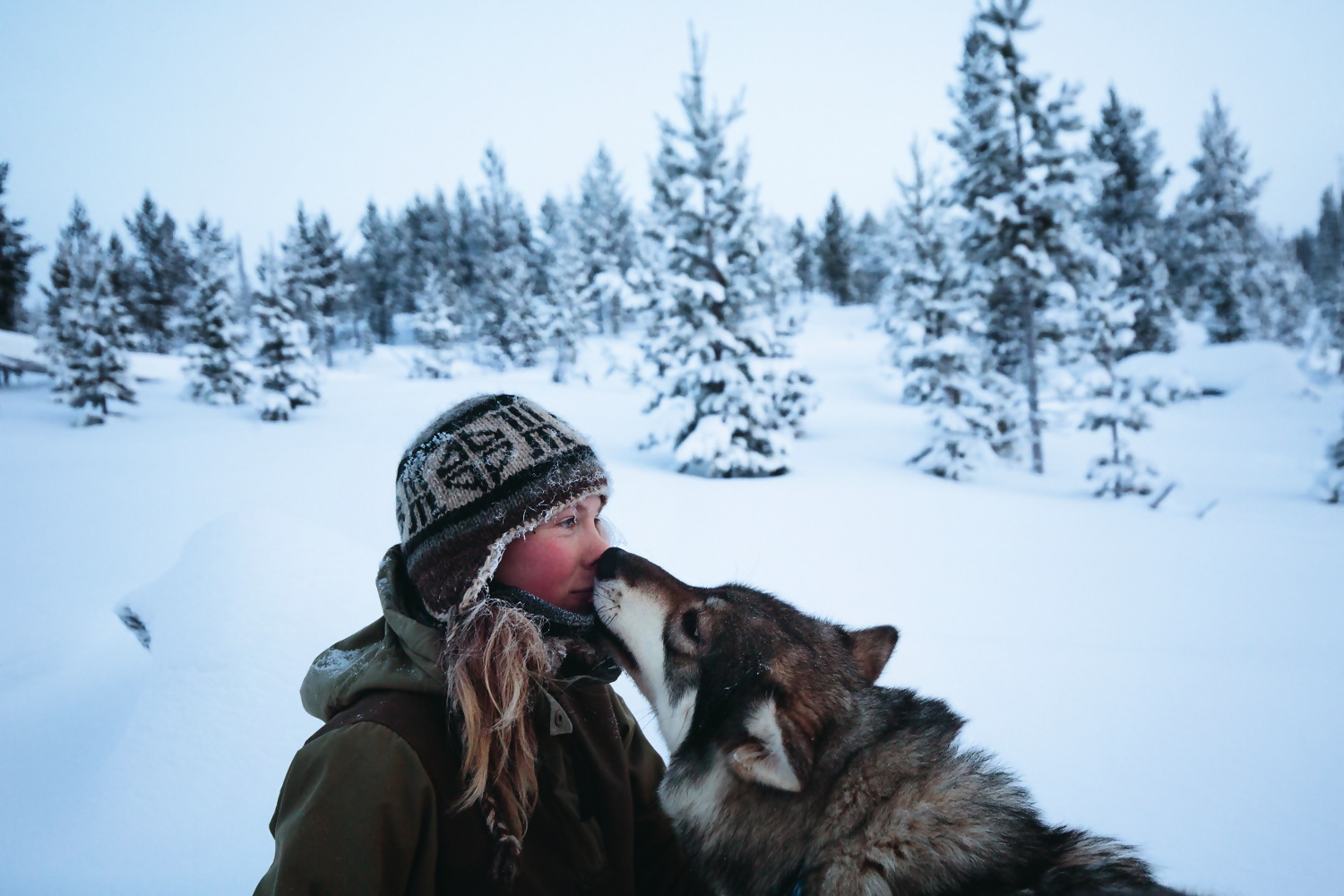
Tinja: “Material goods don’t matter much to me… Nature gives me everything I need.” © Brice Portolano. Inari, Finland.
The Prophet Muhammad spent several weeks a year of his prophetic career in a cave near Mount Jabal al-Nour near Mecca to more clearly receive divine instruction from the Archangel Gabriel.
More recently, Ted Kaczynski quit his job as a professor at UC Berkeley to live in a cabin in the wood; he began his bombing campaign, sending 16 bombs to targets, including universities and airlines, killing three people and injuring 23. The rationale for his actions is outlined in his manifesto, titled Industrial Society and Its Future. He is still serving life without parole in federal prison.
Millions had, and have, different motives to escape. In the UK, around 150,000 inhabitants live off-grid, in contrast to 84 per cent of the approximately 70 million-strong population living in cities. The worldwide figure is much harder to deduce, as more than a billion people who do not have access to a domestic electricity grid are in developing countries, not necessarily by choice, as many off-grid Britons do (although, arguably, many who elect to migrate to rural areas without relying on the state have done so because of the financial difficulties faced in an ultra-competitive housing market, strained public services, and excessive taxation).
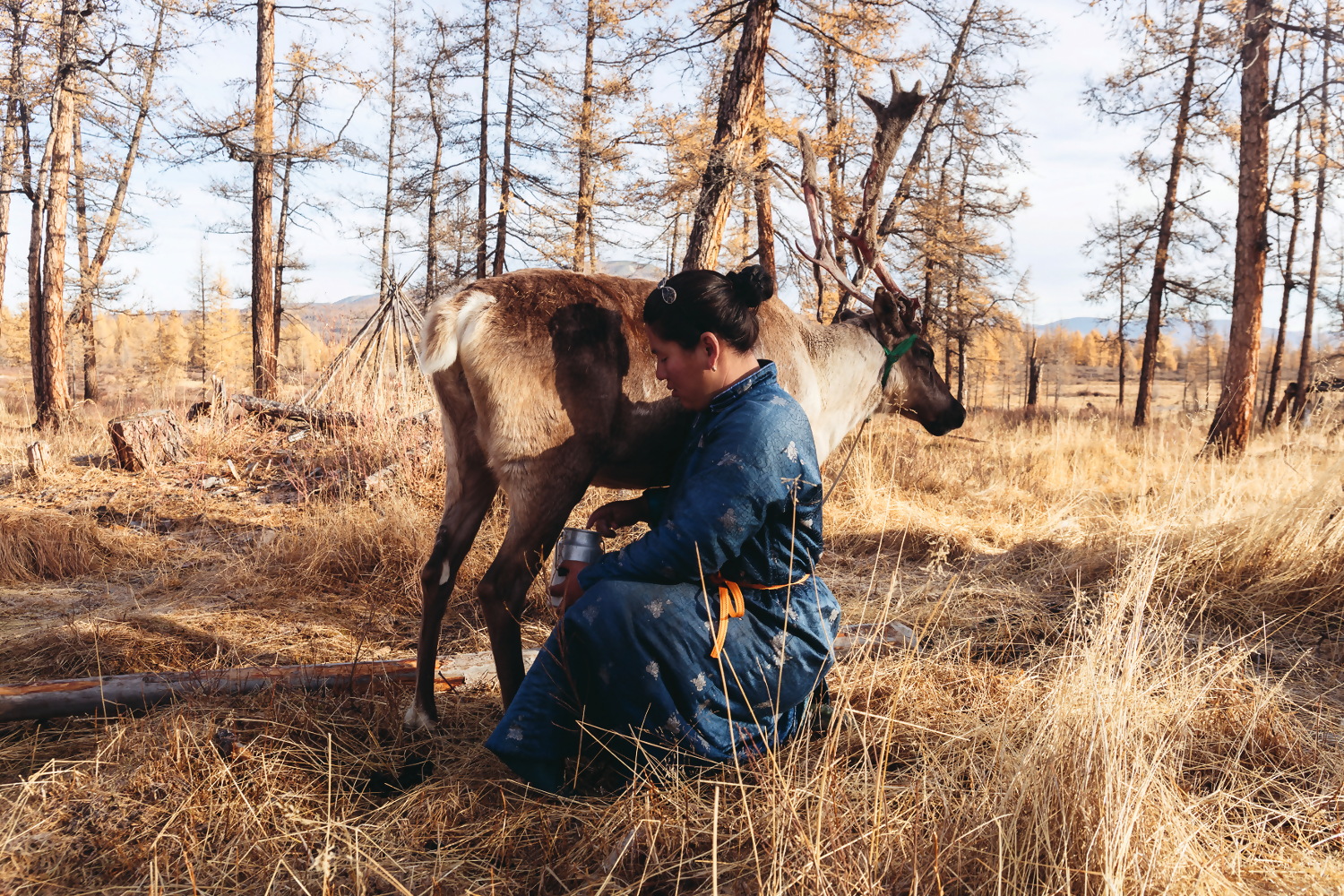
Zaya: “I don’t dismiss or regret my past life. But i am so happy to be where I am today.” © Brice Portolano. Darkhad Valley, Mongolia
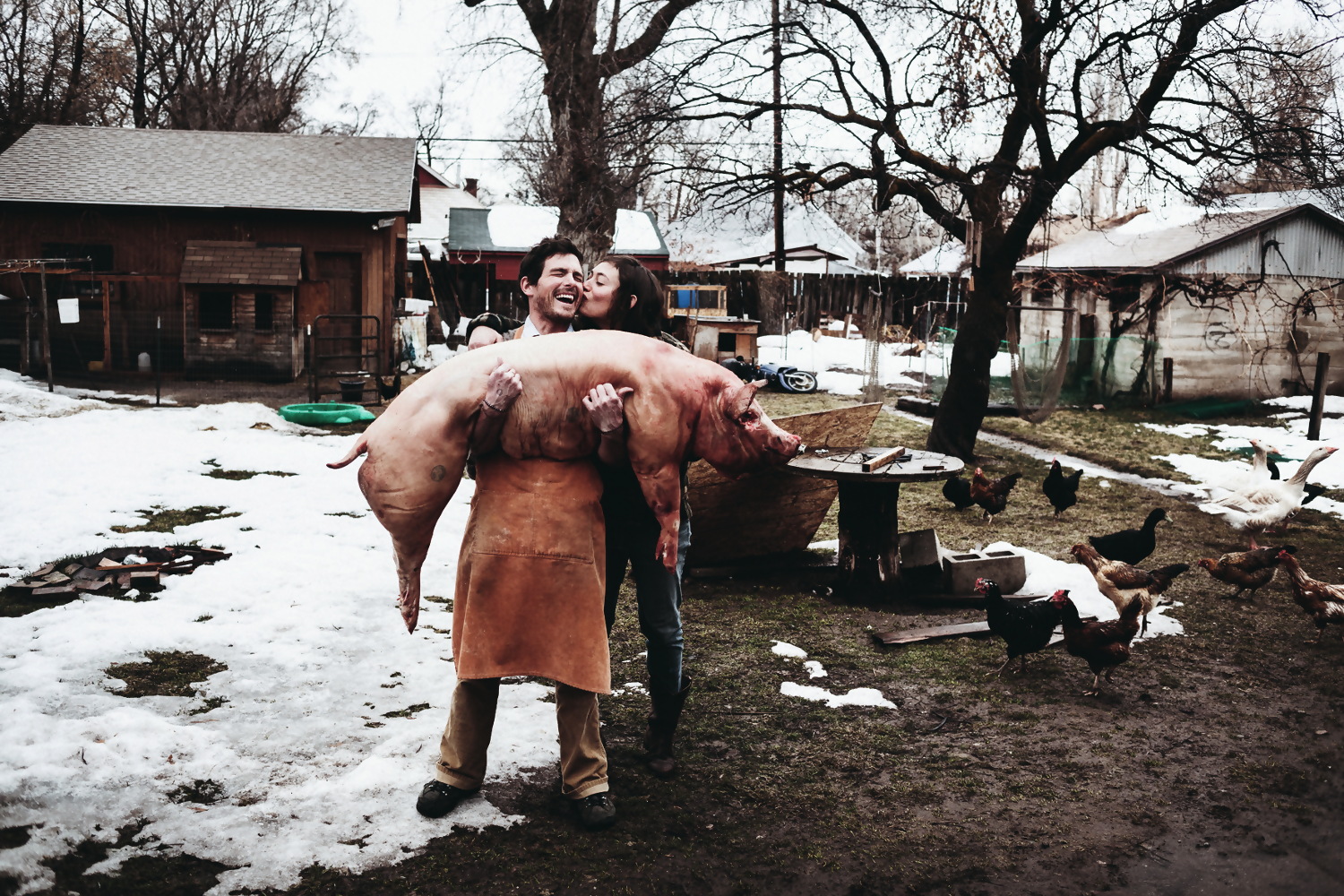
Ben: “Why is it that I am not hungry after walking for 25 kilometres in the forest but when I spend the day in front of the computer, I am starving? It makes no sense.” © Brice Portolano. Utah, USA
Of course, there’s a critical difference between living off-grid and without a phone signal, with the latter being the more extreme fringe of the lifestyle. The acceleration in numbers choosing to live in remoter and remoter areas is undoubtedly due to the popularisation of the smartphone. No longer are we alone wherever we go, and we are increasingly expected to be online and available at all times. This feeling of being tethered is instrumental in nomads and modern Luddites. Even among urbanites, new experiences are in demand, such as cabin retreats offered by companies such as Unyoked in the UK, Australia, and New Zealand that emphasise no internet connection.
The Amish tradition of Rumspringa, in which teenagers are encouraged to leave their simplistic communities and live in modern society (amongst ‘The English’), sees higher and higher percentages of returning young folk (97 per cent in the case of Andy Weaver Amish) as we hurtle deeper into the Digital Age.
Brice Portolano, a French photographer, has expertly documented ten separate profiles around the world of persons who left ‘civilisation’ behind to live out their, quite literally, wildest dreams: in Alaska, Utah, Argentina, Norway, Greece, Italy, Finland, Mongolia, Iran, and England. In fact, Portolano was inspired to do so after reading Thoreau’s Walden, which reignited childhood memories spent in the unspoilt natural landscape of towering pine trees and olive groves in Provence. He wanted to find the Thoreaus of the modern day, people who have chosen to follow a different path that brings them closer to nature.
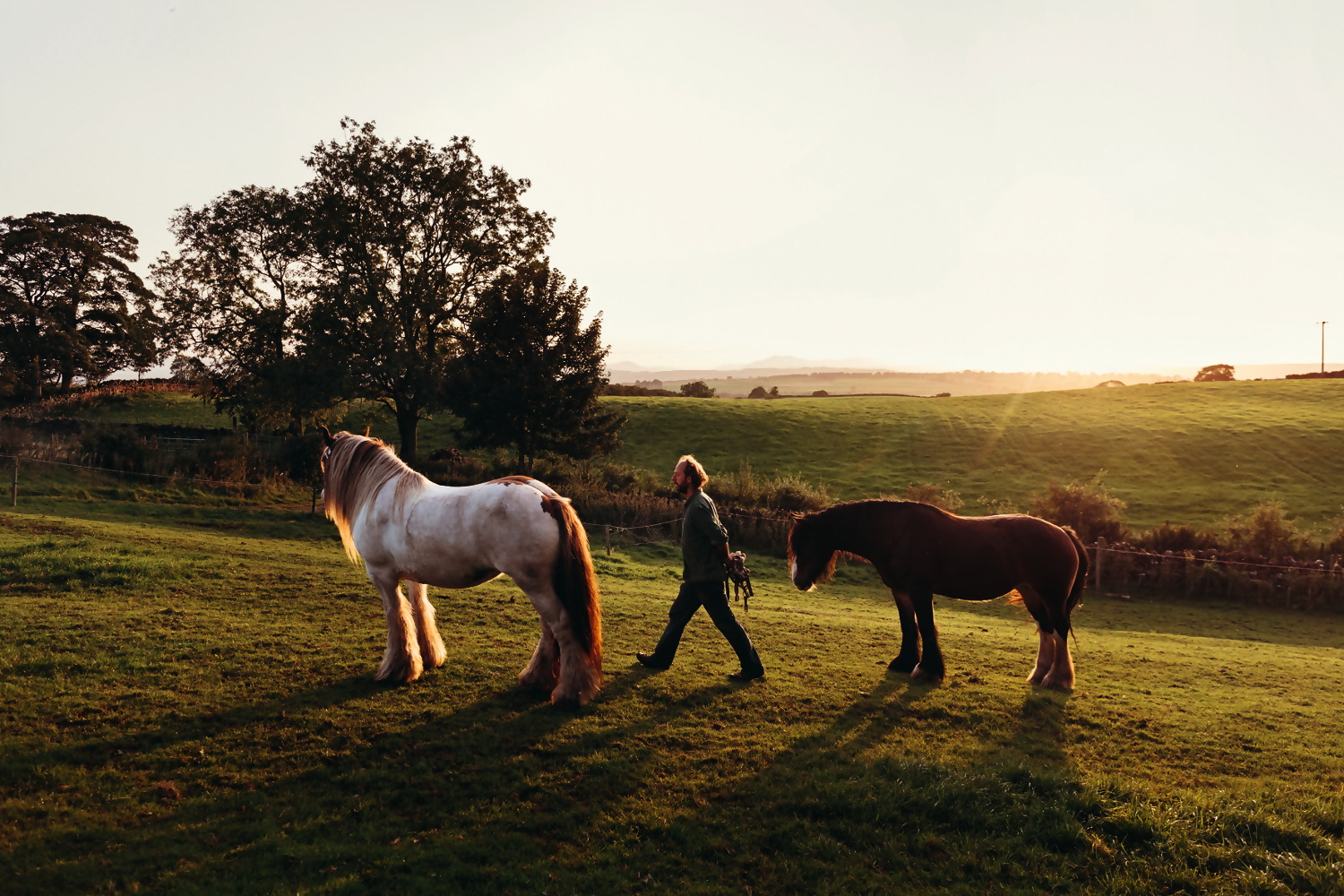
Barny: “I was happier to give up some luxuries and comforts that I could do without rather than my life and my time.” © Brice Portolano. Cumbria, England
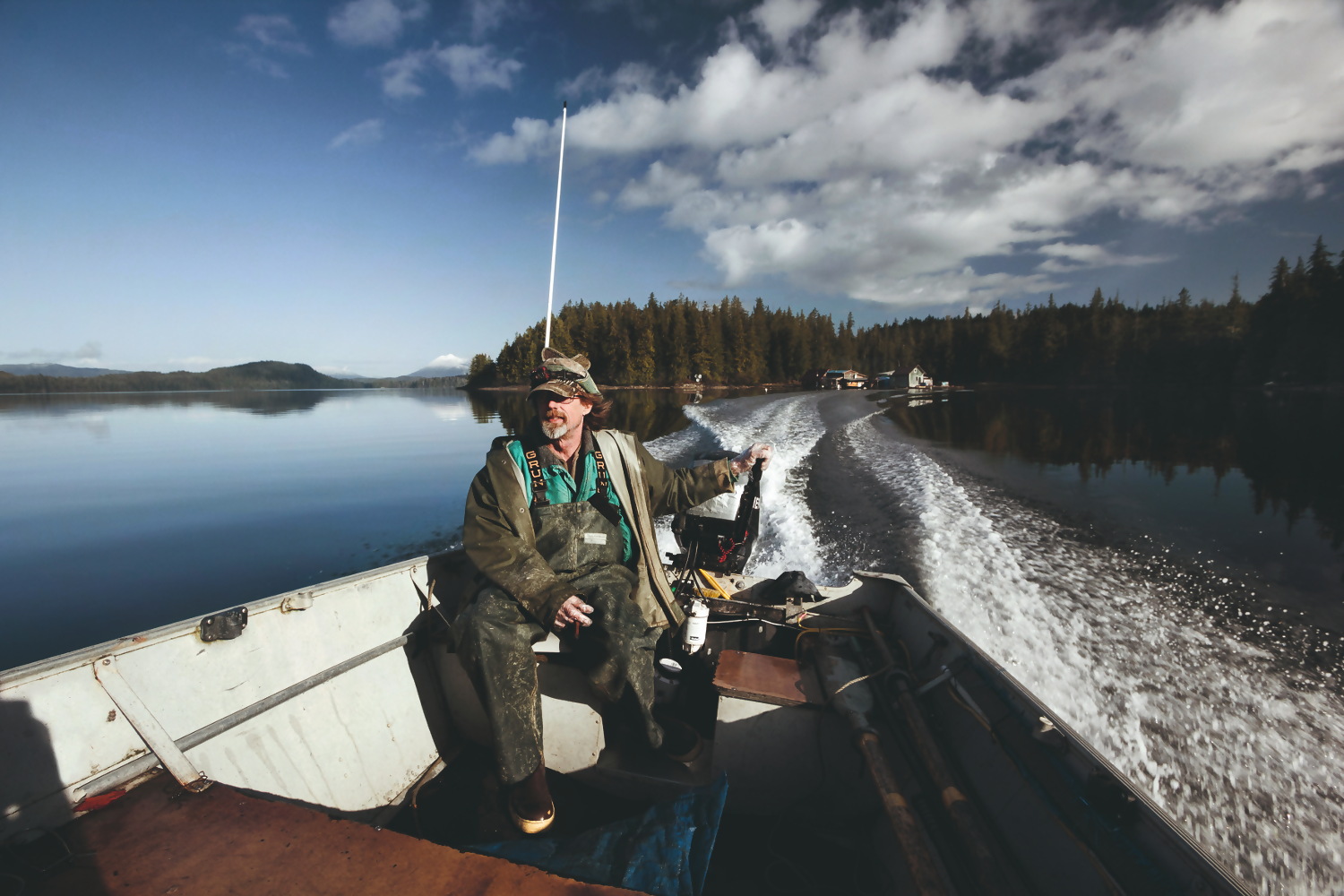
Jerry: “People tell me I am lucky to live this life. But the truth is that anyone can come and live here. You just have to be prepared to work hard to stay here.” © Brice Portolano. Alaska, USA
How did he do this? With obsessive zeal and thick skin, especially when dealing with rebuffs from hermits who, by definition, do not take kindly to visitors. ‘I bombarded countless travel guides with my questions,’ Portolano recounts, ‘and I devoured piles of adventure novels and travel guides. And finally, armed with my camera, I set off on a series of extended trips worldwide.
‘With spring awakening, I donned an oilskin and immersed myself in the day-to-day life of an oyster farmer who had swapped his former career as an estate agent for life in a small wooden hut floating out at sea in southeast Alaska. In the depths of the Arctic winter, I learnt how to handle a team of sledge dogs at -40C degrees, and on the other side of the Atlantic, in the Andes in Argentina, I helped a gaucho move her herd to new grazing grounds.
‘At the end of each trip, I found it more and more disconcerting to return to my city life in France. I felt compelled, as if by some magnetic force, to take yet another trip to these isolated places without any running water, electricity, internet or, in most cases, even a phone line. Surrounded by unspoilt nature, I felt a world away from the hustle and bustle of human life and our noisy towns and cities. And I started to like what I saw.’
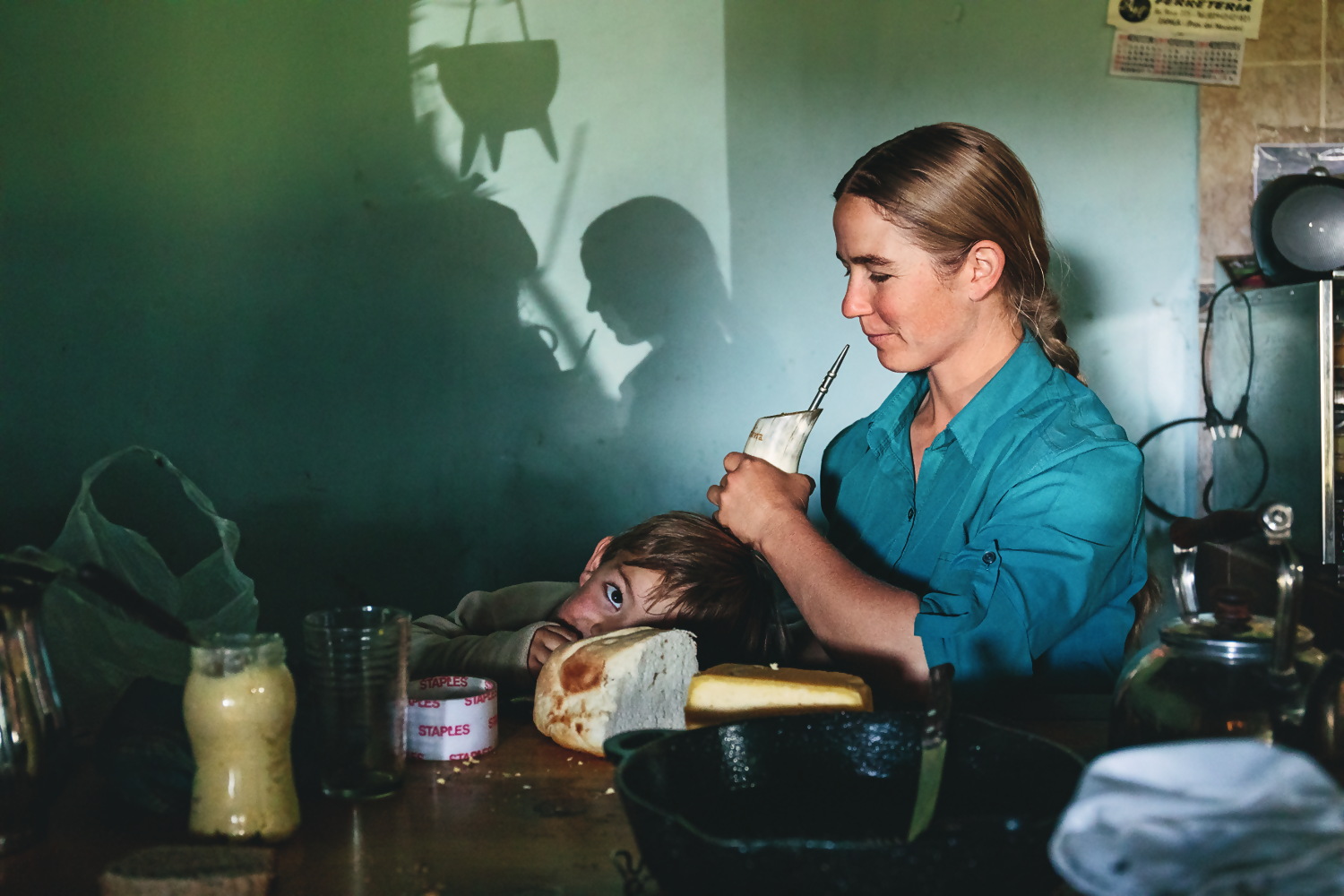
Sky: “It would be so strange to live somewhere without the sound of the hens cackling or birds singing.” © Brice Portolano. Patagonia, Argentina
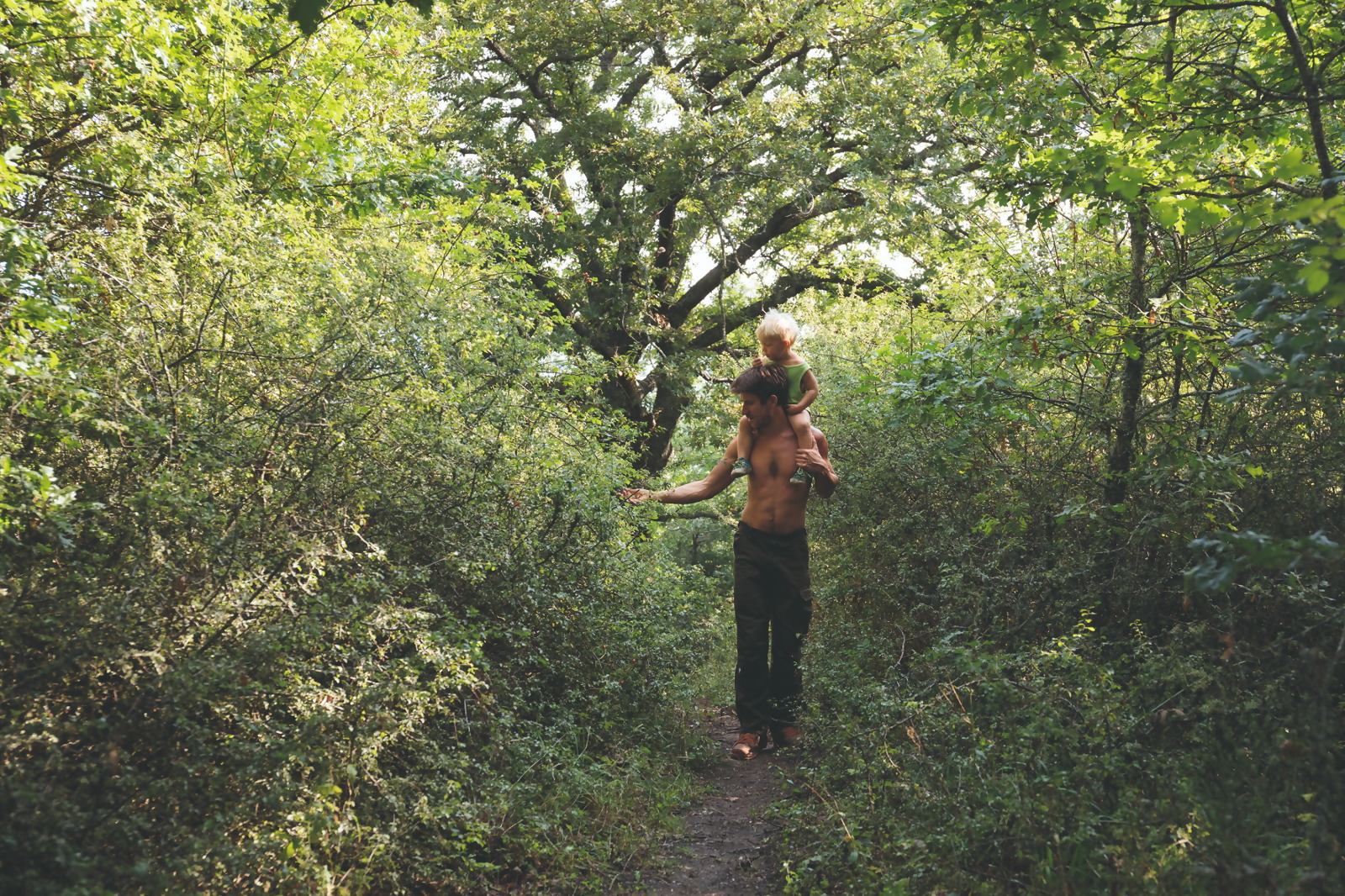
George: “Here, there is a sense of immediacy to everything I do: chopping wood, growing vegetables.” © Brice Portolano. Tuscany, Italy
In every instance, Portolano noted critical similarities in the reasons for escape, ‘There’s a big thirst for freedom and independence,’ he tells WhyNow, ‘They all realised they might be happier if they stopped looking for a purpose in accumulating material goods.
‘They found incredible happiness and a sense of achievement in the possibility of being self-sufficient to a certain degree and being able to provide for themselves and their families: being able to grow vegetables, raise animals or hunt wild game, bake bread, split wood from the nearby forest to heat their homes and cook.’
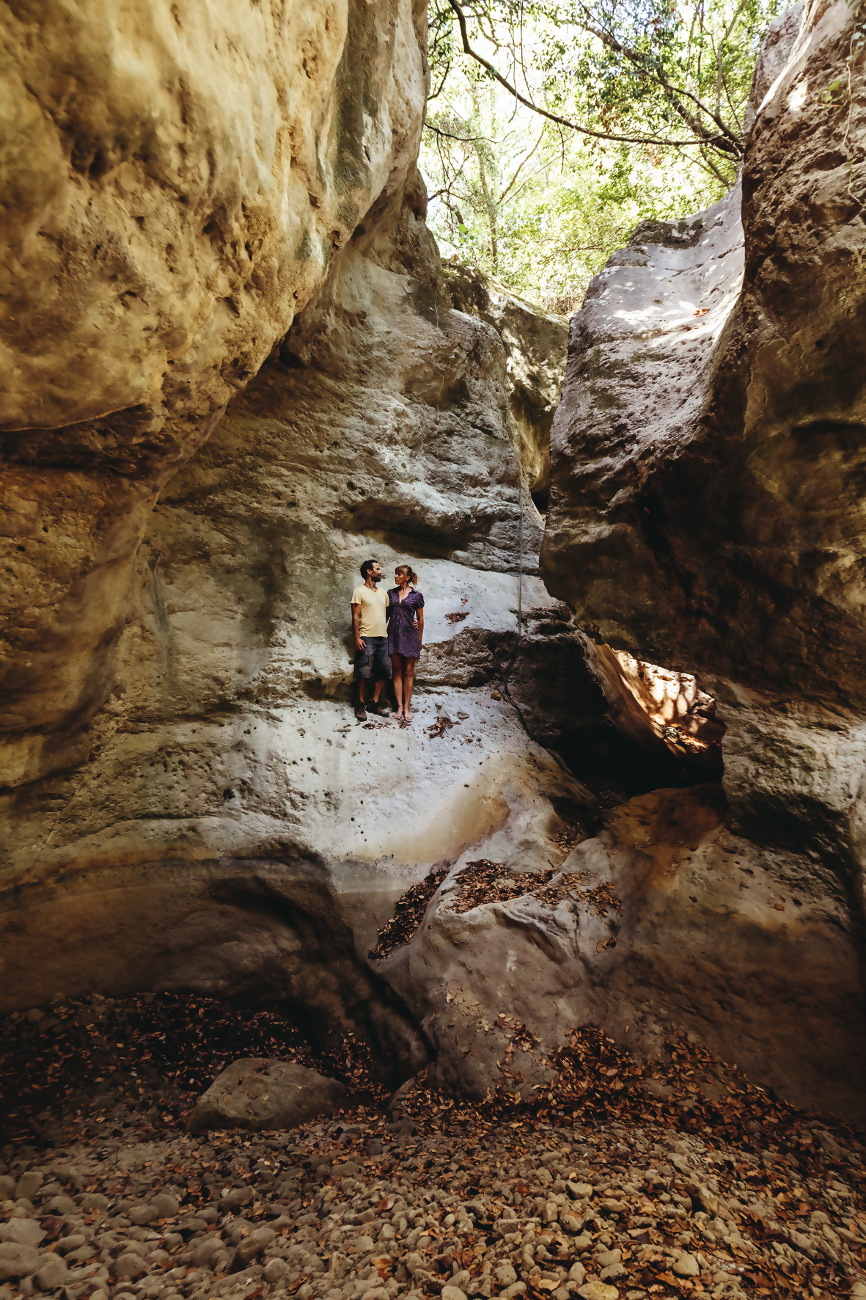
Sylwia: “This place has really grounded me. […] For the first time, I feel that I am finally getting to know myself.” © Brice Portolano. Lefkada, Greece
At its core, leaving a teeming city, a new or run-down town, or even a tranquil hamlet is a decision to strike out and seek authenticity in oneself, to come to terms with the subjective nature of modern life, and understand that there is no ‘right’ way of living.
No Signal by Brice Portolano is published by teNeues and is available to purchase here.


